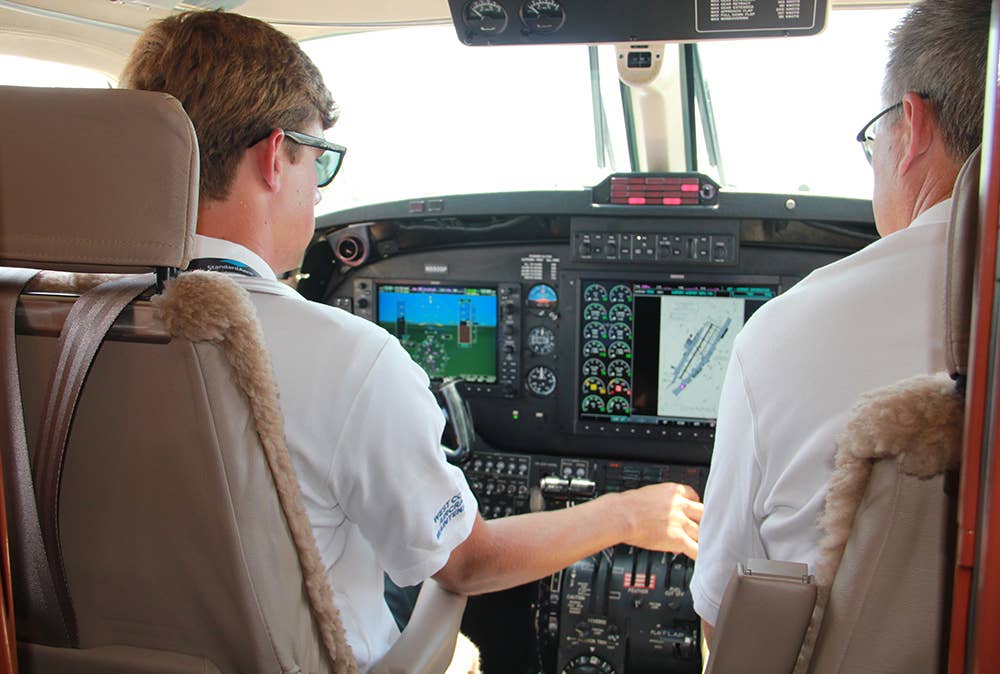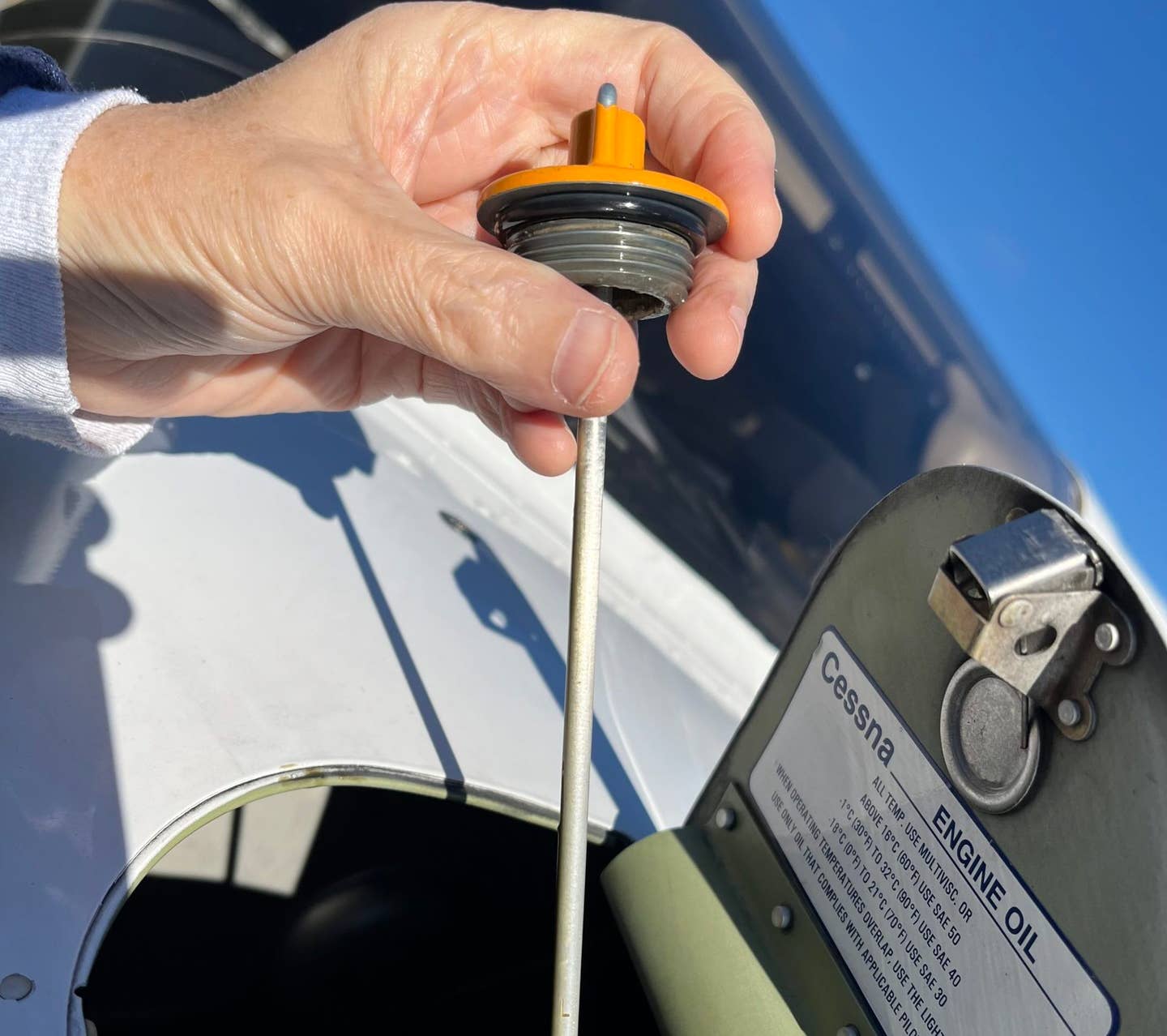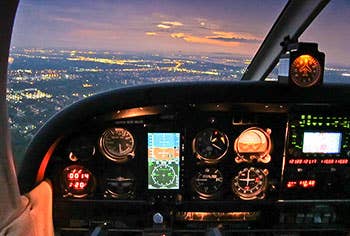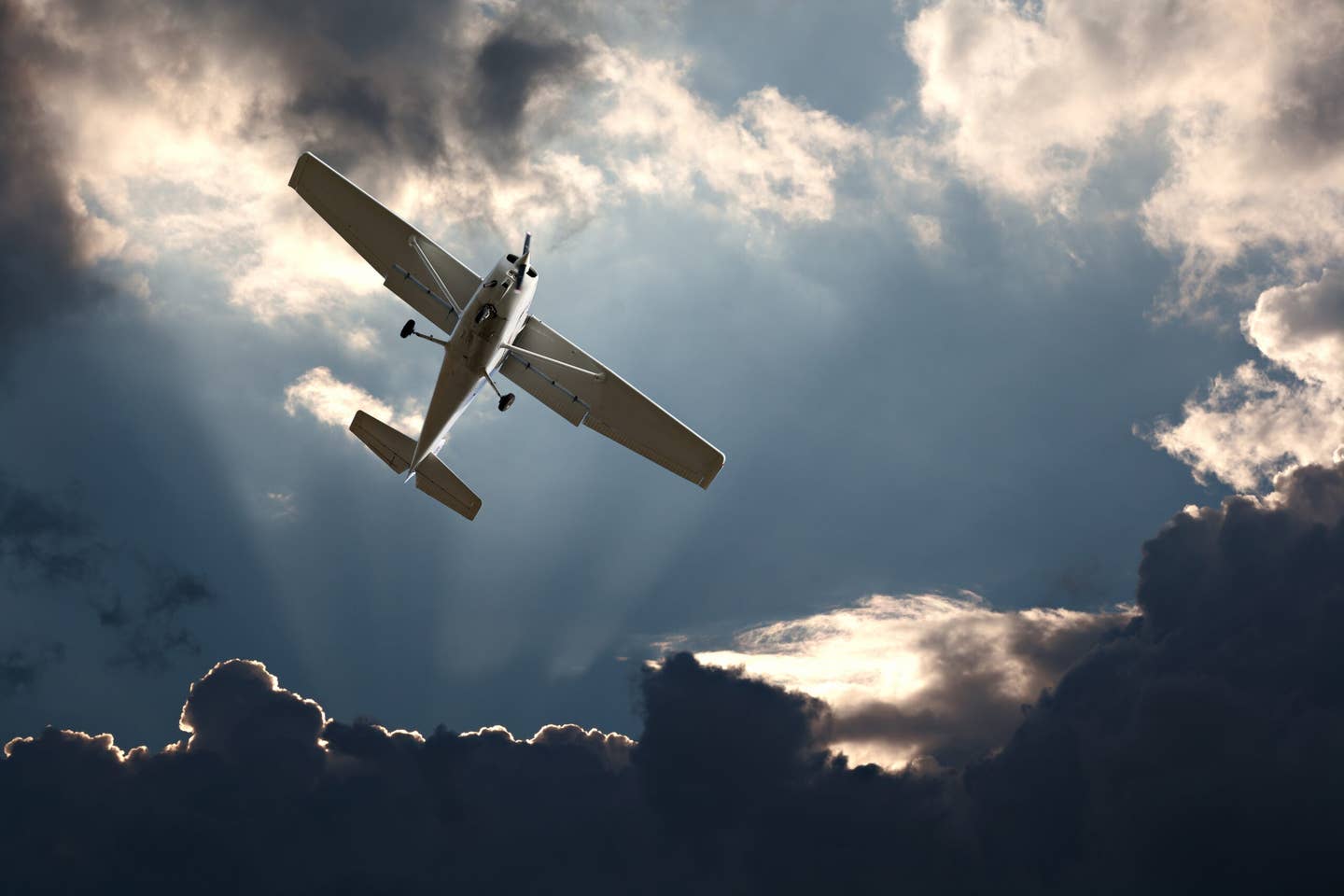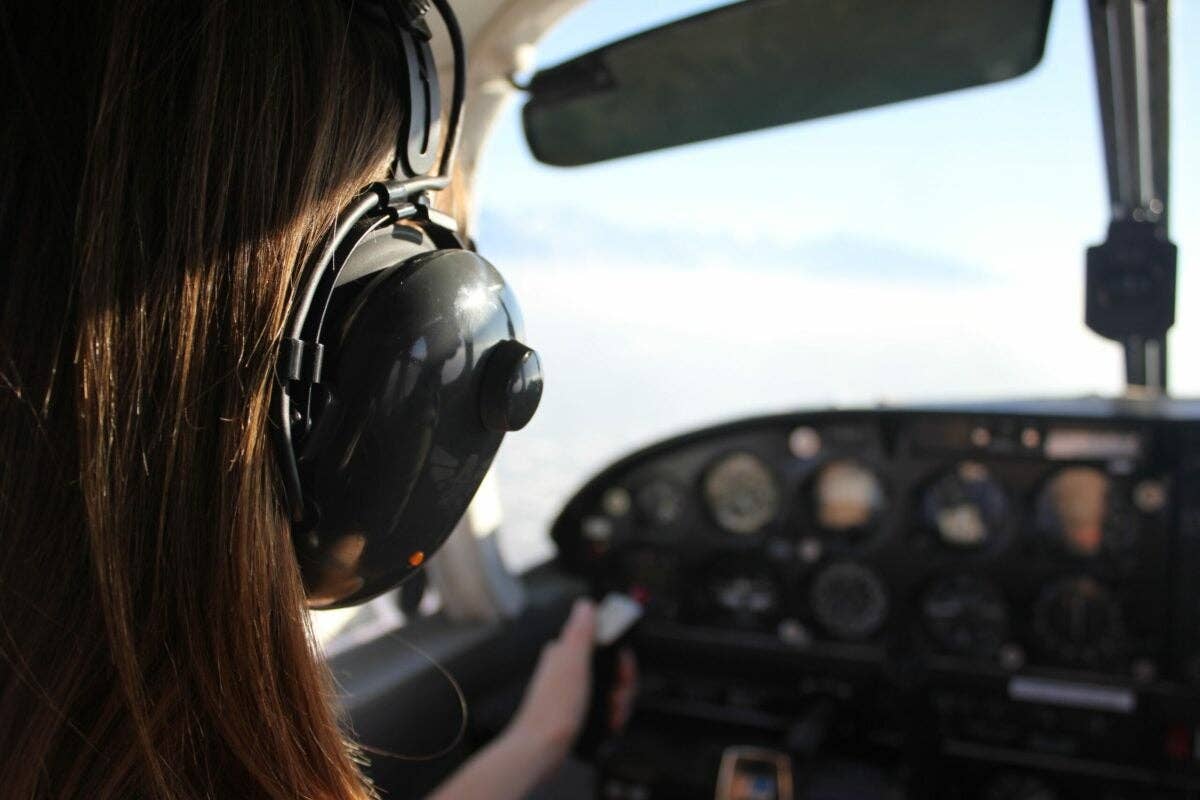How to Become a Pilot for Those Who Don’t Speak Pilot
With her new book, Kine Paulsen hopes to lower the intro barrier for people interested in exploring aviation.
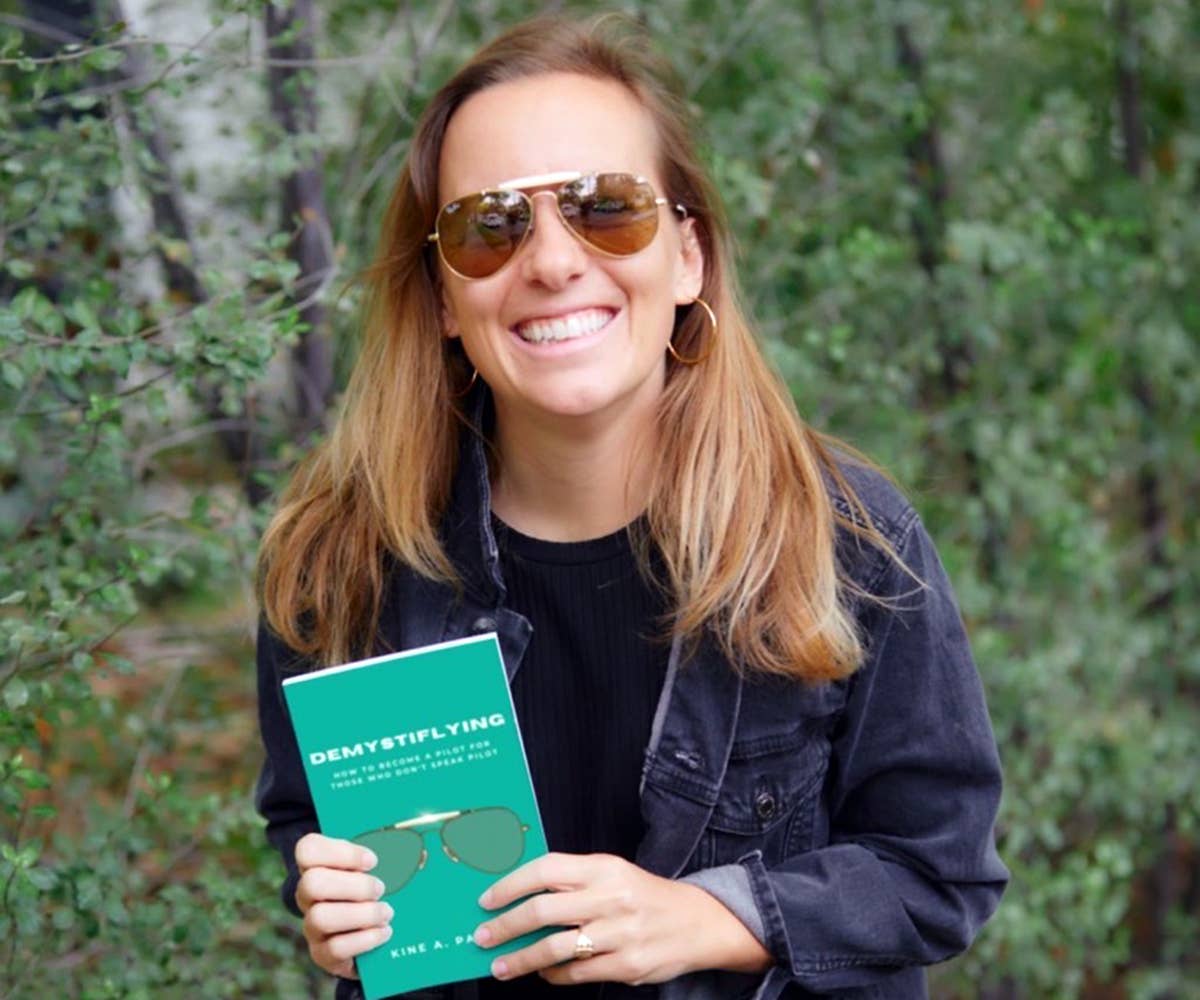
Author Kine Paulsen says her book isn’t the technical book that will teach you how to fly, but it will teach you how to become a pilot. [Courtesy: Kine Paulson]
I sometimes take for granted how difficult it was to find the information I needed to get into aviation. As a first-generation pilot with little general aviation background, most of my knowledge about the aviation industry came from secondary sources or the internet. For someone who wanted to work professionally as a pilot, and in light of how costly training can be, I wish I had more insight about what I was getting into ahead.
While I generally write to pilots, sometimes I get feedback from would-be pilots seeking to learn how and where to get into the industry. At a surface level, if you asked someone randomly their idea of what avenues are available to pilots, they'll point to the airlines or the military. Still, anyone in aviation long enough knows there are endless options.
"If someone calls me and says that they got one lesson from reading my book, that would be a success."
Kine Paulson
So, it turns out this isn't a unique phenomenon. This is what Kine Paulsen said she was up against when someone jokingly suggested to her that she should become a pilot. In an interview with FLYING about her book, “Demystiflying: How to Become a Pilot for Those Who Don't Speak Pilot,” Paulsen said she fundamentally wanted to answer the main question people like her and I would ask:
"Where do I start?"
The book, released on World's Pilot Day on April 26, aims to do one thing for pilots-to-be, which is to "chair-fly the pilot's journey," Paulsen told FLYING. In other words, she makes it clear from the outset that readers shouldn't learn how to fly from the book.
For Those Who Want to Know Where to Start
"It's not the technical book that will teach you how to fly. It's teaching you how to become a pilot."
One day, a college mentor asked Paulsen what she would do if money weren't an issue, to which she jokingly responded that she would become a pilot so that she could fly around the world, making interesting restaurant stops along the way.
"I don't know about the restaurant part," the mentor countered. "You could start flying."
Weeks later, Paulsen found herself on a discovery flight, living out that “first time in a small airplane experience” that pilots who've done it can speak to. She discovered a hunger for more and decided to lean into the idea of becoming a pilot. Perhaps expecting a formal process that she could tap into, the business owner said she found herself groping for answers.
"When I started flying, I was intimidated and overwhelmed with the process,” she said. “While I found many great resources in the aviation community, there wasn't that intro book without the jargon or technical terms that I'd start reading but had to start looking up."
But where most people are turned off altogether, Paulsen set out to write the ultimate “start here” book. While already-pilots might find it rudimentary, it will be a wealth of knowledge for the person who can't comprehend the idea of customs like the “$100 hamburger” or sayings like “aviate, navigate, communicate.”
To achieve this feat, she interviewed more than 200 pilots over two years to understand how they all got into the industry. You might also recognize some names such as Bob Pittman, founder of iHeartRadio and MTV; Lee Abrams, co-founder of XM Satellite Radio; Michael Govan, director of the Los Angeles County Museum of Art (LACMA); Sharon Preszler, retired Southwest pilot and the first woman to fly the F-16; and others. Some of them, she discovered, became pilots out of necessity to support their business.
"One of the coolest stories is Bob Pittman, who founded MTV. He grew up not having the funds to pursue a license, so he decided to get multiple jobs to come up with the funds—one of those jobs was at a radio channel. Now, he owns iHeart Radio, MTV, and he has his ATP licenses."
The most common response Paulson got was that most people didn't think they had what it takes to become a pilot. She said she found it exciting because more people have what it takes than not.
Busting Myths
The book's mission is to make flying more accessible by busting widely held myths about pilots.
"I thought all pilots knew that they wanted to be pilots from a very young age,” Paulsen said. “I thought you needed to know all the models and the makes of airplanes to be a good pilot. I also thought you had to have this overwhelming interest in aviation to become a pilot, but those were not true."
This might be a helpful perspective to people who get intimidated by the predominant stereotypes of pilots, including another mental hurdle that tends to turn people away—that they have to become professional pilots. She makes the case that this might be one of the biggest burdens to the industry, increasing its general aviation population.
Instead, Paulsen said her efforts would be successful if people just went out and took one lesson.
"Allowing yourself to have one lesson before you make all the decisions on how to get your license would benefit people highly. If someone calls me and says that they got one lesson from reading my book, that would be a success."

Sign-up for newsletters & special offers!
Get the latest FLYING stories & special offers delivered directly to your inbox

